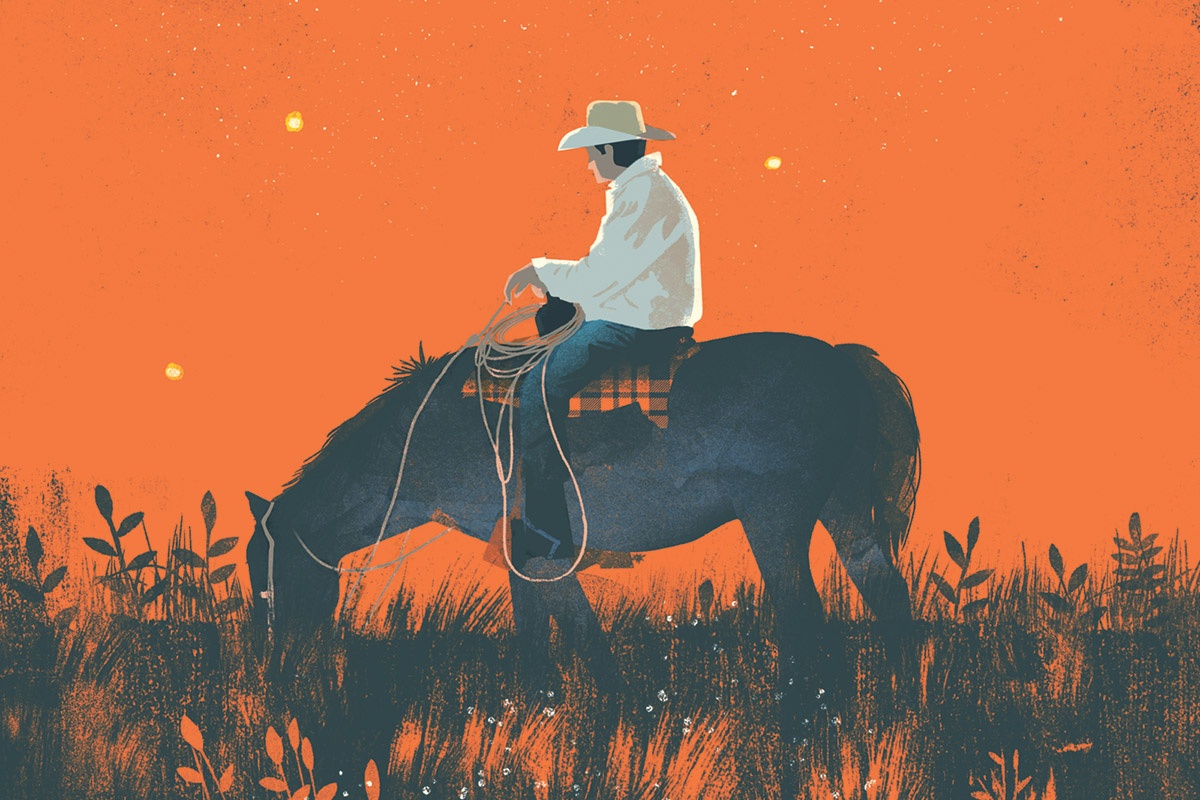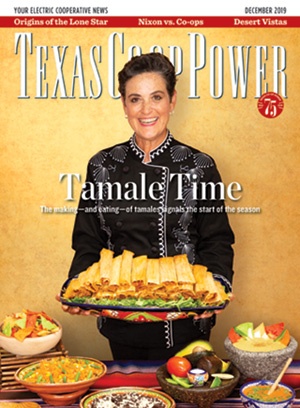The tempo of the Southwest is seen in the rhythms of its folklore, most of which deals with country things and ways; with nature and animals and people. It is from settled ways of life that folklore of charm and imagination comes. Ghosts do not haunt one-night camps.
The folklore of this region has not been woven by people of worldly success. The only mines that amount to anything in folklore are lost forever. The only money that figures in it is buried deeper than oil drillers ever bored. The hunters and tellers of lost mines are the hopefuls, with time to spare. Southwestern tales of the much persecuted coyote have not come from the owners of sheep, but from unpropertied Indians and Mexicans. These people have lingered with the grass, the rocks, the thorned shrubs and the chirping crickets. They have had time to fancy and imagine and have felt a kinship for their fellow creatures of the earth.
If you listen to talk by men of the range tradition you will hear more about “moseying around” than about moving “like a bat out of hell.” The good storyteller likes to linger in the shade, and his best stories have a lingering quality.
In every motion picture I have ever seen showing a herd of cattle they are kept moving at such a rate that no spectator can read their brands. Sitting through one of these pictures, a person who didn’t know better would think that a trail herd of cattle bound for Montana from South Texas ran up the trail all day and stampeded sky-westward and crooked-eastward every night.
Actually, they walked maybe 10 miles a day, grazing a considerable part of the time and taking a long time to water out. Slow motion with stock is natural to stock people. The songs sung around herds on their bedgrounds were in tempo as slow and monotonous and doleful as camp meeting tunes designed to draw sinners into the mourners’ bench.
All cowboy songs sung to cattle were long and lonesome in tune. A man loping or trotting could not keep the tune. It was timed to a slow walk and was meant to quieten all hearers.
Old-time ranchers went by sun time, not railroad time; they went by what country Mexicanos call el tiempo de Dios—God’s time, not el tiempo oficial.
Men have invented an atomic bomber, but no man can ever absorb its speed into his own body. Human energy pulses with desire to rise higher and travel faster; hence the thirst for strong drink and swift movement; but the tempo of all earthborn is the tempo of the earth itself. A raging hurricane may lash a sliver of it, a volcano may spew up some inside matter, but the tempo of the earth sustaining its bipedal nurslings is of growing grass, ripening corn and drifting leaves.
We behold expanses of glaring electric lights. We become fascinated and terrorized by torrents of headlights rushing along speedways in the night, but the light that burns under the stars with the tempo of mother earth is that of a lone campfire.
From The Essential J. Frank Dobie (October 2019, Texas A&M University Press). Dobie wrote this essay in 1964.


